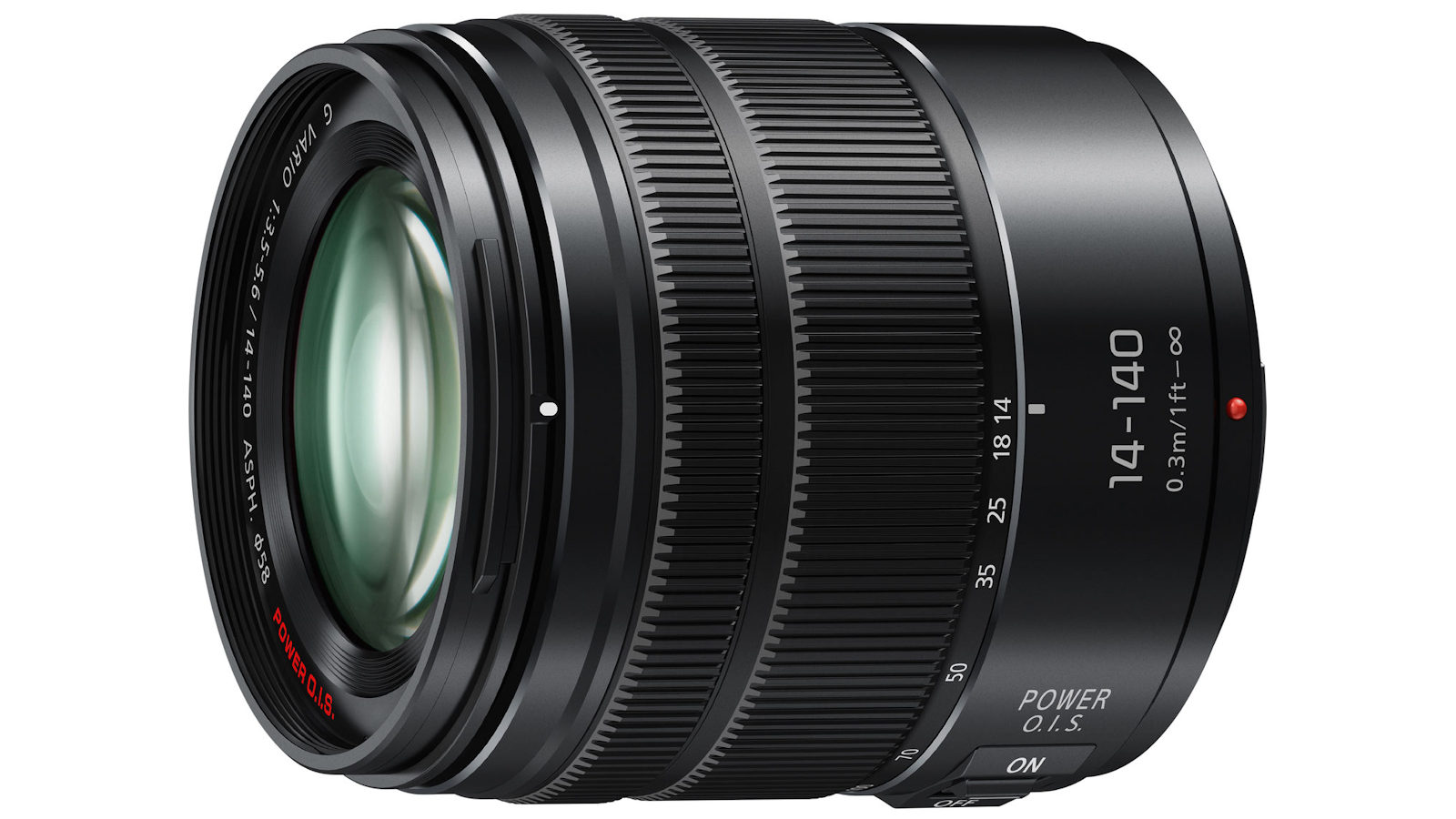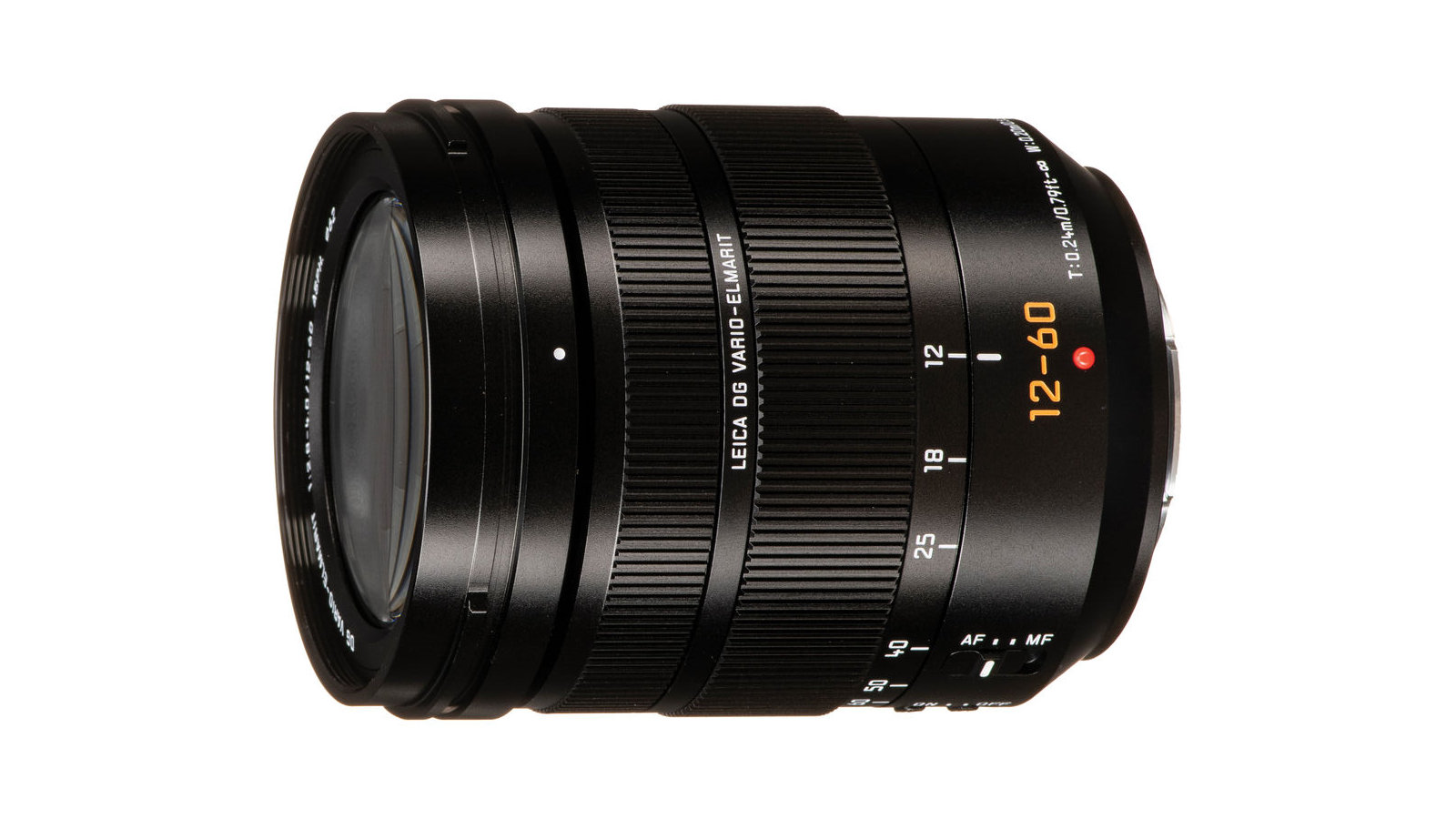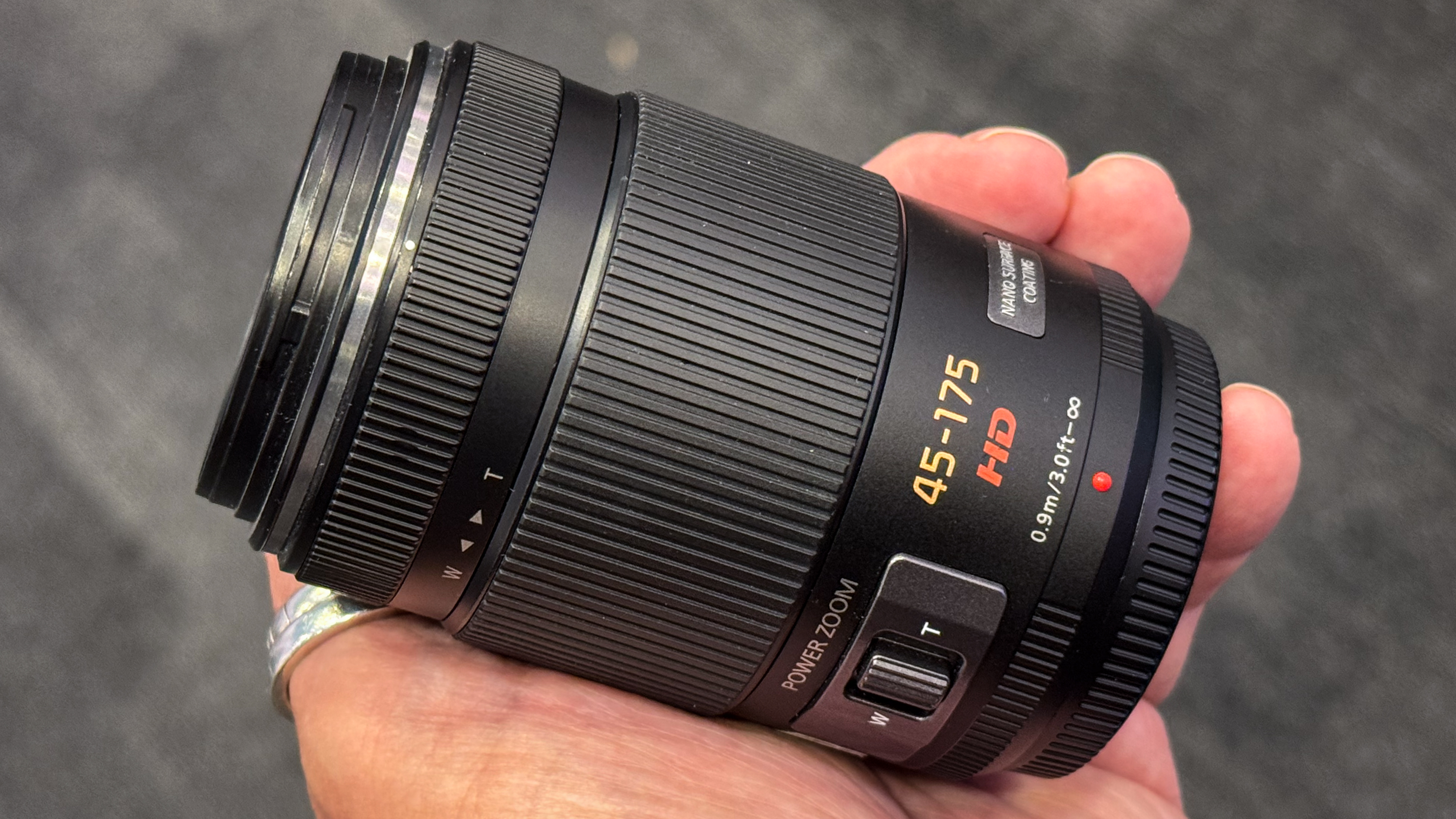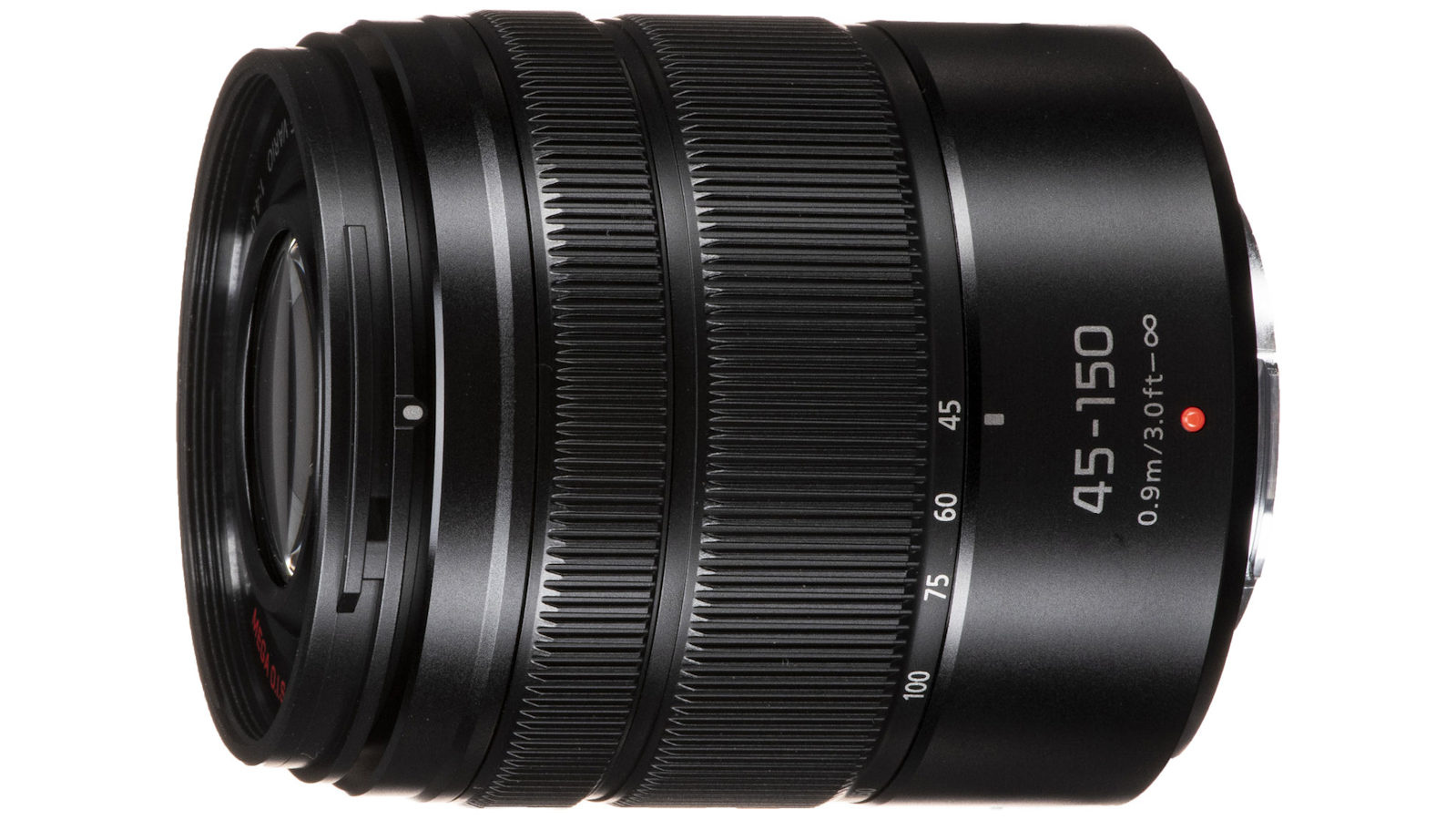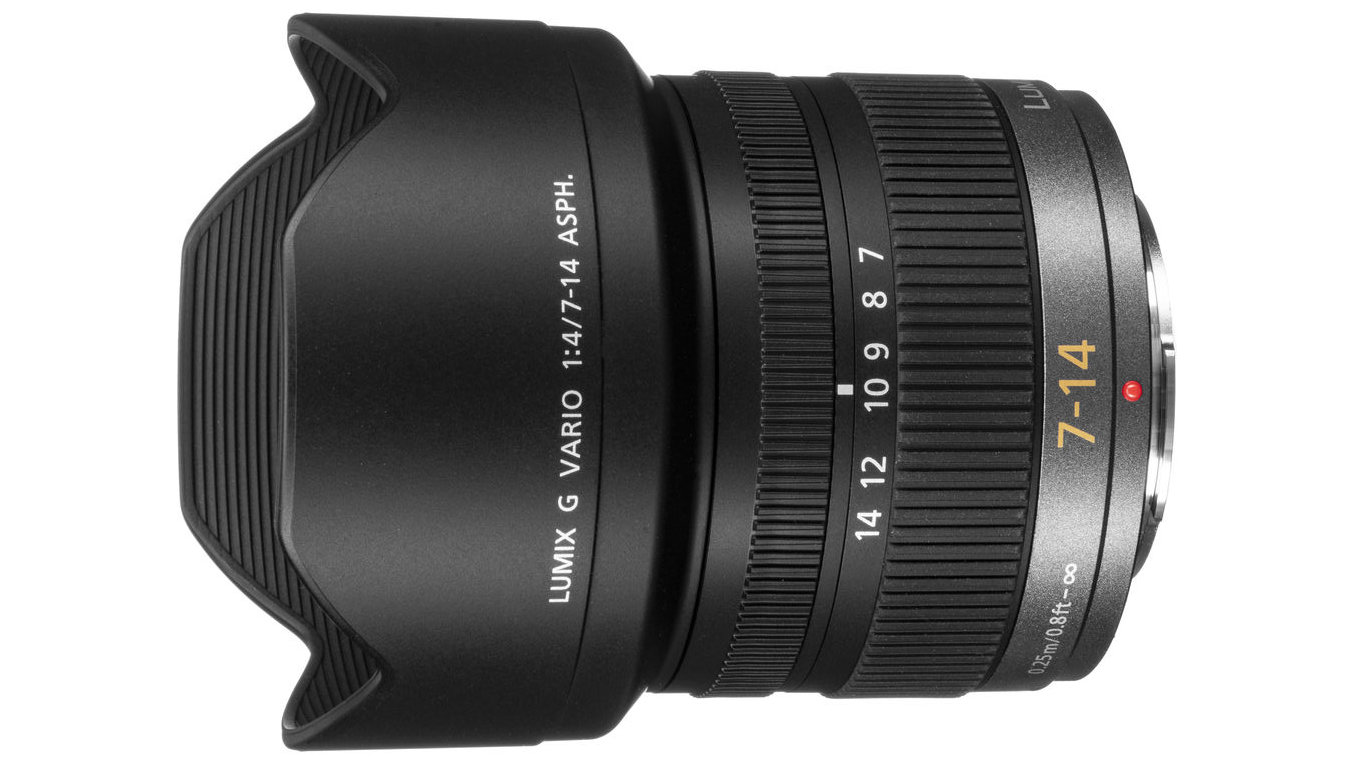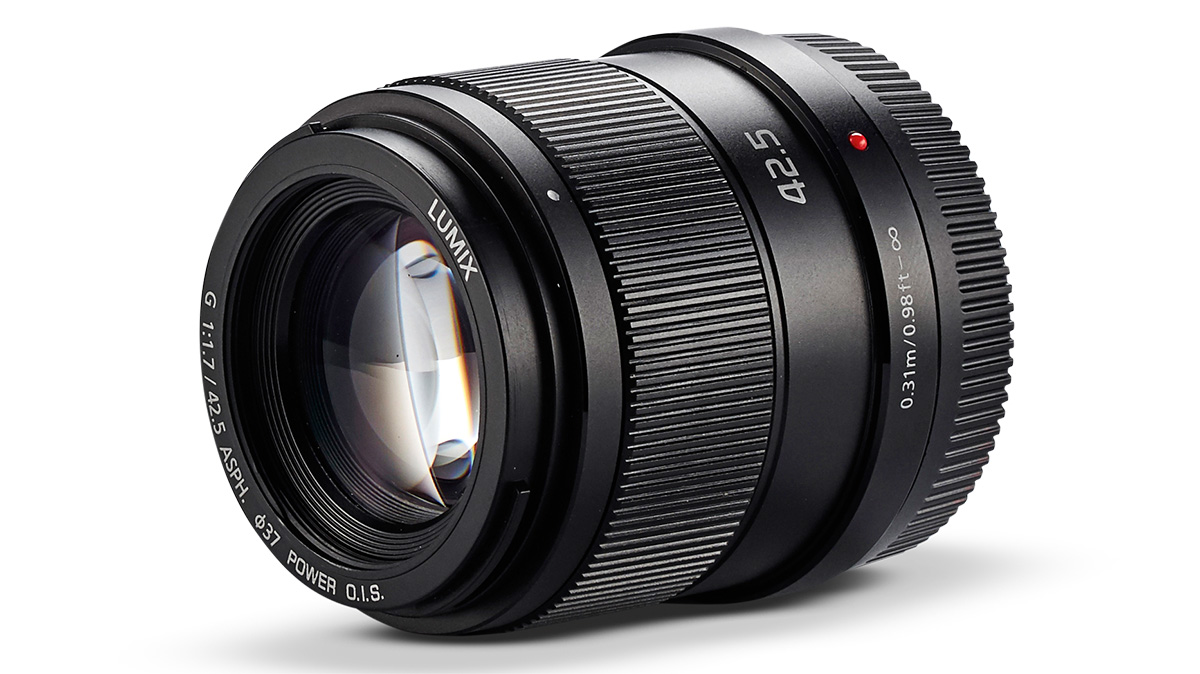Best lenses for the Panasonic Lumix G7
The best lenses for the Panasonic Lumix G7 can extend this budget camera’s capabilities without breaking the bank
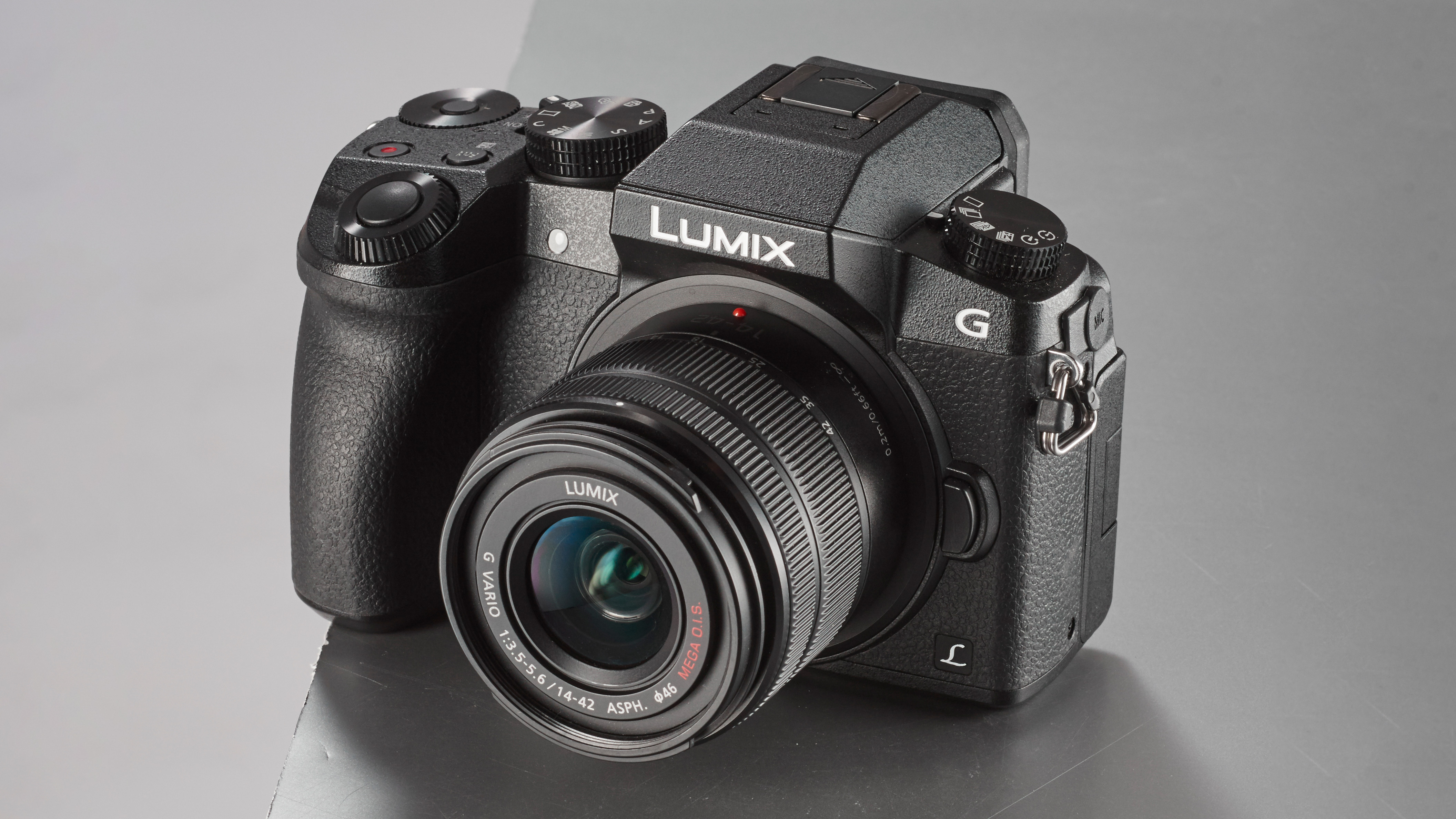
The Panasonic Lumix G7 was launched way back in May 2015, but it’s still on sale, and at prices that just keep on going down. So we need to keep this in mind when choosing the best lenses for the Lumix G7, because after saving a whole heap of cash on this rather good camera, you don’t want to blow the lot on pricey lenses, right?
The Panasonic Lumix G7 is actually a very interesting camera. It might be old, but it has a lot of features that still look very modern. I probably wouldn't choose it as one of the best Panasonic cameras all round any more, because its tech is quite old and basic compared to what's come along since. Nevertheless, it’s still one of the best cameras for beginners today, mostly because of the price but also because it has some quite powerful features.
It’s true that the Lumix G7 has Panasonic’s older 16MP Live MOS sensor rather than its newer 20MP or 25MP sensors, and it has no in-body stabilization, which is something we kind of take for granted with today’s Lumix cameras.
We keep this in mind when choosing the best lenses for the Lumix G7, and all but one of the lenses in our list has optical stabilization built in.
But the Lumix G7 has lots of qualities to make up for this. For a start, 16MP is probably more than enough for many photographers. You won’t be printing any wall-sized enlargements, but for web use or even printing in books and magazines, 16MP is fine.
And what it does have, surprisingly for this era, is 4K video. It also has Panasonic’s 8-megapixels 4K photo mode for high speed bursts, pre-bursts (it starts ‘buffering’ frames while the shutter button is half-pressed) and 4K Post Focus where (and it does seem like magic) you can choose the focus point AFTER you’ve taken the picture.
So what I'm saying is, if you bought the Panasonic Lumix G7 because it was cheap, you’ve actually got a pretty good camera, even by today’s standards, and it’s well worth getting some extra lenses for it.
We’ve listed own-brand Panasonic lenses in this guide. You can of course fit Olympus/OM System lenses too, together with third party MFT optics – check out our guide to the best Micro Four Thirds lenses.
Best lenses for the Panasonic Lumix G7
Why you can trust Digital Camera World
Specifications
Reasons to buy
Reasons to avoid
If you’re looking for a single all in one lens for your Panasonic Lumix G7, then this is it. The Lumix G Vario 14-140mm offers an equivalent focal range of 28-280mm, so it’s just like the superzoom lenses you can get for APS-C and full-frame cameras, but much smaller. It has optical stabilization built in, so it’s ideal for the Lumix G7, which doesn’t have IBIS, and its size and weight make it ideal as an all-day walkaround lens to leave on your camera. The only thing we have against it is that like almost every other ‘superzoom’ lens, it does lose sharpness at medium to longer focal lengths. It might not cover every focal length you need, either, since you may often need something ‘wider’ than the 28mm equivalent focal length this lens offers.
Specifications
Reasons to buy
Reasons to avoid
This lens combines a longer than usual 5x zoom range with premium build quality and good optical performance, thanks to that prestigious Leica branding. But while it’s good value when you buy it as a kit with a Lumix camera, it is pretty expensive to buy on its own. If you have one already – great – but you could also check out this lens on the used market, where its price will be more in line with the cost of the Lumix G7. It is a great lens, though there are a couple of things against it. One is that it has a variable f/2.8-4 maximum aperture, which is annoying in a ‘pro’ lens, and the other is that the edge definition isn’t everything we’d hope for in a lens at this price.
Specifications
Reasons to buy
Reasons to avoid
We’ve included two lightweight Panasonic Lumix G telephoto zoom lenses in this guide, and this is the more expensive one, but also the one with the most interesting features. First, it offers a very handy 90-350mm zoom range in full frame camera terms. Second, it has a ‘power zoom’ switch so that you can zoom in and out more freely while filming – the Lumix G7 is a pretty capable 4K video camera, after all. Like other Panasonic Lumix G lenses, this is both compact and light and no trouble to carry around. It has optical stabilization built in, though this is only effective for about 3 stops of compensation, and while this lens does offer a great zoom range, it doesn’t offer the sharpness of a pro telephoto zoom.
Specifications
Reasons to buy
Reasons to avoid
This is one of Panasonic’s cheapest lenses and a good option for any Lumix G7 owner who wants to extend their camera’s capabilities without spending a whole lot of cash. The Lumix G Vario 45-150mm really demonstrates the advantages of the Micro Four Thirds format, offering an effective 90-300mm zoom range in a tiny, lightweight lens. It even has optical stabilization built in, which is ideal for the Lumix G7. As you might expect from the price, it’s not the sharpest telephoto zoom you can buy, but for a lens of its size and price, it’s still a great addition to your camera kit and will let you try out sports and wildlife photography without committing a whole lot of money.
Specifications
Reasons to buy
Reasons to avoid
Many photographers choose a telephoto zoom as their first additional lens, but an ultra-wide zoom can be just as useful, especially if you’re interested in landscapes, travel and architectural photography. There are a couple of options in the Panasonic Lumix G range, but this is the cheaper alternative and the one we think is the best match for the price point of the Lumix G7. The 14-28mm effective zoom range offers a really wide angle of view that’s especially effective for interiors, and the constant f/4 maximum aperture is a bonus. This is a really nicely made lens with sweet handling that is quite compact for a lens of this type too. As usual with ultra-wide zooms, though, this one has a bulbous front element that makes filters impractical – though many photographers these days don’t use filters anyway.
Specifications
Reasons to buy
Reasons to avoid
The Lumix G 42.5mm f/1.7 is the closest thing in the Panasonic Lumix G lens range to a classic ‘portrait’ lens. It has a focal length equivalent to 85mm in full frame camera terms, and its f/1.7 maximum aperture will make it easier to get people shots in low light and can give nice defocused backgrounds – though this effect will not be as strong as it would be on a full frame camera. If we had to be picky we would point out that this lens’s 7-bladed diaphragm might not give the best background ‘bokeh’, but it’s a small point as this is still a great little portrait lens and at a reasonable price too (though Olympus/OM System does make a cheaper 45mm f/1.8 which is highly regarded too).
The best camera deals, reviews, product advice, and unmissable photography news, direct to your inbox!

Rod is an independent photography journalist and editor, and a long-standing Digital Camera World contributor, having previously worked as DCW's Group Reviews editor. Before that he has been technique editor on N-Photo, Head of Testing for the photography division and Camera Channel editor on TechRadar, as well as contributing to many other publications. He has been writing about photography technique, photo editing and digital cameras since they first appeared, and before that began his career writing about film photography. He has used and reviewed practically every interchangeable lens camera launched in the past 20 years, from entry-level DSLRs to medium format cameras, together with lenses, tripods, gimbals, light meters, camera bags and more. Rod has his own camera gear blog at fotovolo.com but also writes about photo-editing applications and techniques at lifeafterphotoshop.com
